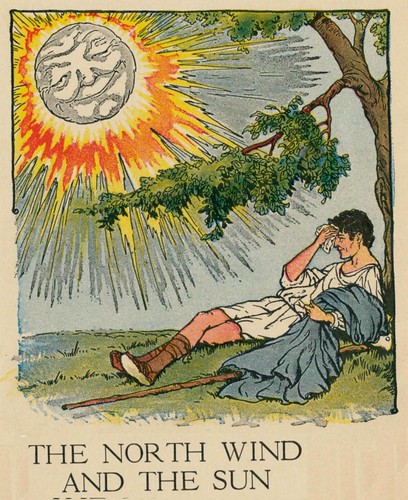Readings: Acts 3:13-15,17-19; Psalm 4:2,4,7,9; 1 John 2:1-5; Luke 24:35-48
Picture: cc Nenad Stojkovic
My dear friends, are you familiar with the word autoimmune? It refers, as you know, to a range of medical conditions, like multiple sclerosis and lupus, in which the human body fails to recognise itself. It mistakes friendly cells for the enemy, and attacks them. The exact cause of this mysterious failure of recognition is still unknown. As is the cure for these diseases. As of now, we can only treat the symptoms.
Imagine, my dear friends, that you, or a loved one, were afflicted in this way. And imagine you receive news that a cure has been found! How do you feel? What will you do? …
I ask because our readings today concern the conquering of sin. And the effects of sin are described in a way that resembles an autoimmune disease. In the first reading, while Peter accuses his listeners of having disowned and killed the Lord, he also concedes that they had done so in ignorance. They had failed to recognise Jesus as the servant of the God of our ancestors. Like an autoimmune disease, they had mistaken friend for foe, and ended up killing the prince of life.
And it’s not just the Lord’s enemies who fail to recognise him. Even his friends do too. In the gospel, when Jesus appears to his disciples, they mistake him for a ghost, and are plunged into a state of alarm and fright. Their failure of recognition is truly mysterious, since the Lord had already appeared to them before. Indeed, the reading begins with the disciples, who had been on the road to Emmaus, telling their story of how they had recognised him at the breaking of bread! So why don’t they recognise him now? Mysterious, no?
Thankfully, Jesus provides a cure for their forgetfulness. As at Emmaus, recognition is regained with food, for both body and spirit. Not only does Jesus eat a piece of grilled fish… before their eyes, he again opens their minds to understand the Scriptures. He helps them see that, his eating of fish is not just proof that he’s truly alive, but also a symbol of his merciful partaking in our sinful human nature. His humble submission to the terrible autoimmune effects of sin. All of which, by dying and rising, he has overcome, once and for all!
Here we see the joyful long-awaited cure for what was once incurable. We sinners regain our natural ability to recognise God’s presence within and around us, when we allow the Crucified and Risen One to feed us with Himself. As he does now, at this Mass, in the breaking of the Word and the Bread.
But, as the second reading reminds us, for this cure to work, knowledge of Christ must be accompanied by obedience to his commands. For knowledge without obedience is a lie. Just as obedience without knowledge easily goes astray.
Sisters and brothers, even amid the frightening shadows that still surround us, Easter brings the consoling news that a cure has been found for the autoimmune effects of sin. What must we do to joyfully celebrate and claim this precious healing, for ourselves, for our families, and for our communities today?

